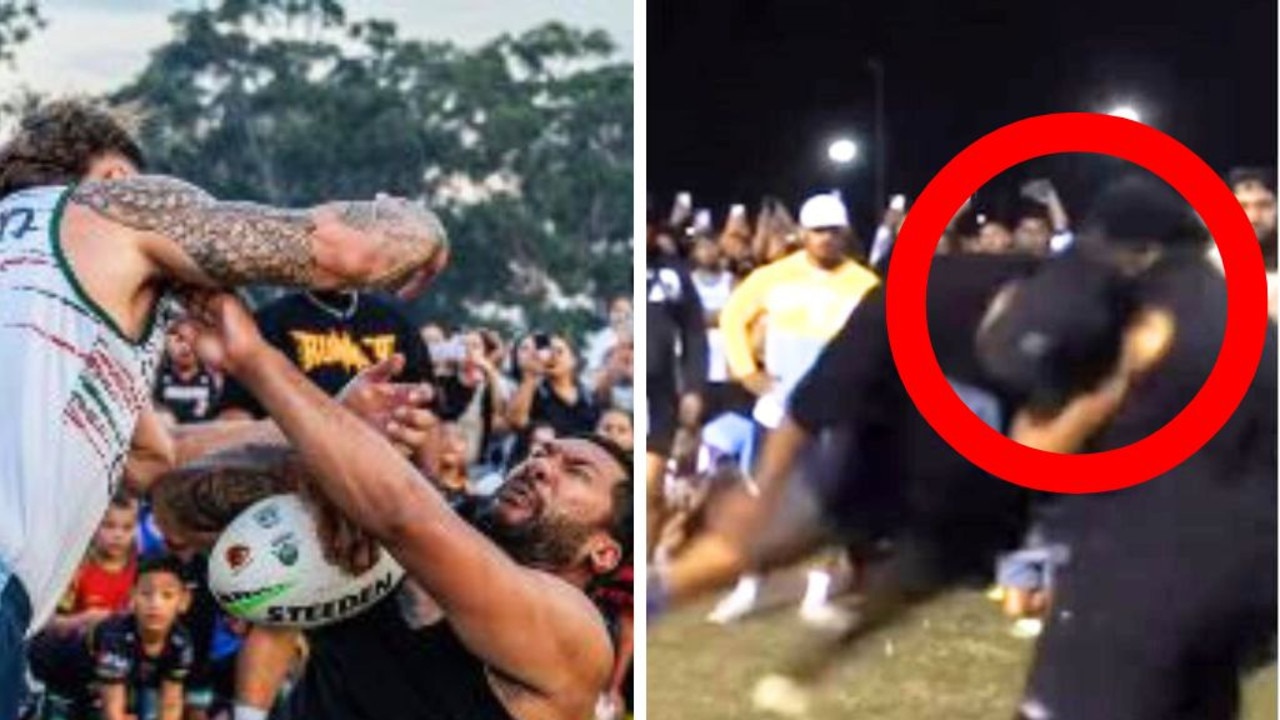Les Kiss will breathe new life into Australian rugby, but he’s not a miracle worker
Les Kiss might breathe new life into Australian rugby but for all his likeable traits and success rate, Wallabies fans shouldn’t be expecting him to perform miracles. Here’s why.
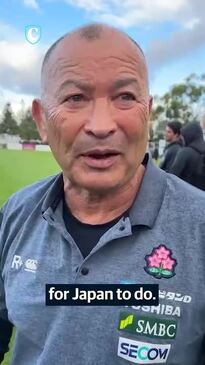
Rugby
Don't miss out on the headlines from Rugby. Followed categories will be added to My News.
For the rugby faithful who still believe theirs is the game they play in Heaven, the appointment of a new Wallabies coach isn’t the divine occasion it once used to be.
With Les Kiss widely expected to be confirmed as Joe Schmidt’s successor any day now, Rugby Australia can spare themselves the trouble of sending white puffs of smoke up the chimney spout.
More to the point, they might also want to warn the Wallabies’ most loyal followers not to expect any miracles.
But there’s no mention of him ever turning water into wine so don’t count on him turning the Wallabies into world beaters because that’s not going to be a quick fix.
Credit where credit’s due though. Australian Rugby is showing signs of gradual improvement, both with the Wallabies and the Super Rugby sides.
However, those improvements only stack up well against all the low points of the last decade, which has been hell for Wallabies’ supporters.
Compared to the 1980s, 1990s and first 15 years of the new millennium, Australian rugby is still playing catch up.
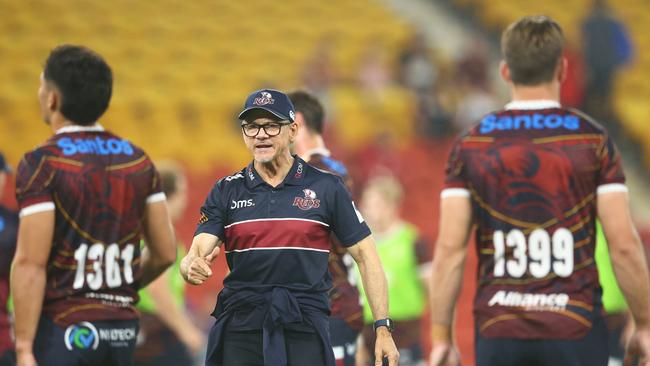
This season’s Super Rugby is a sad reminder of why the most optimistic fan needs to remain patient.
After a promising start, aided by a favourable home draw, the Australian teams are steadily slipping behind.
The top two New Zealand teams on the ladder, the Chiefs and the Crusaders, have opened up an eight-point gap on the rest which could well prove decisive when the playoffs roll around because of the big advantage home ground provides.
Under the guidance of Kiss, Queensland were the only Australian team to win last weekend. That’s a good sign because if the Reds were distracted by talk of his pending departure, neither he nor his players were showing it.
Part of that is Kiss’ low-key demeanour. But another part is that for a 60-year-old with a long and distinguished track record in professional footy, surprisingly little is known about the coaching philosophy of a man tipped to become the next Wallabies’ boss.
A lot of the unknown is because Kiss has been a journeyman, switching between different jobs in Australia and overseas, steadily learning his craft and waiting for his turn to take control.
For those old enough to remember him as a player, Kiss was once a bona fide star who managed to keep a low profile even at the peak of his powers.
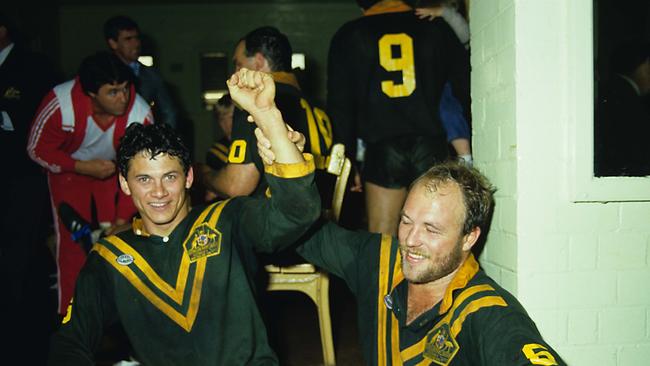
He came to prominence as a wispy winger for North Sydney, making 100 appearances for the Bears from 1986 to 1993, scoring 29 tries and booting 38 goals and being renowned for being a fearless defender despite his light frame.
He represented Queensland in State of Origin and was part of the famous 1986 Australian Kangaroos team that toured Britain and France, winning all 20 matches to be nicknamed the Unbeatables.
Injuries prevented Kiss from playing more games for Australia but his tour with the Kangaroos helped sow the seeds for his life as a globetrotting coach, initially with the London Broncos then the Northern Eagles before he switched codes to rugby.
North Sydney has a long history of success with internationals who have transitioned from one game to the other.
Long before Kiss made the crossover, Chris McKivat achieved what now seems like the most implausible double in Australian sporting history: winning the ultimate prizes with the Wallabies and the Bears.
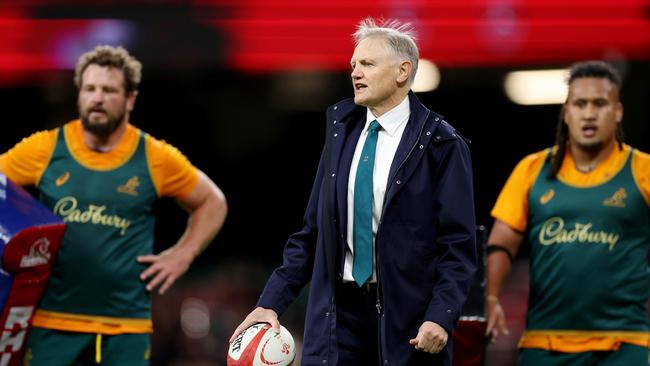
As a player, McKivat captained the Australian rugby union team that won the gold medal at the 1908 London Olympics.
He later captained Australia in league, becoming one of the country’s first dual internationals, before hanging up his boots.
As a coach, he achieved something even rarer, leading North Sydney to the NSW rugby league premierships in 1921 and 1922.
Originally from Bundaberg, Kiss has also found success in an odd array of places as a coach.
While he’s had stints with the Waratahs, now the Reds, and also Australia A, he’s spent more time overseas, working with the South African and Irish national teams as well as provincial sides in Europe.
That was where he first teamed up with Schmidt, learning everything he could from the former New Zealand schoolteacher, who he now stands to replace.
Originally published as Les Kiss will breathe new life into Australian rugby, but he’s not a miracle worker

